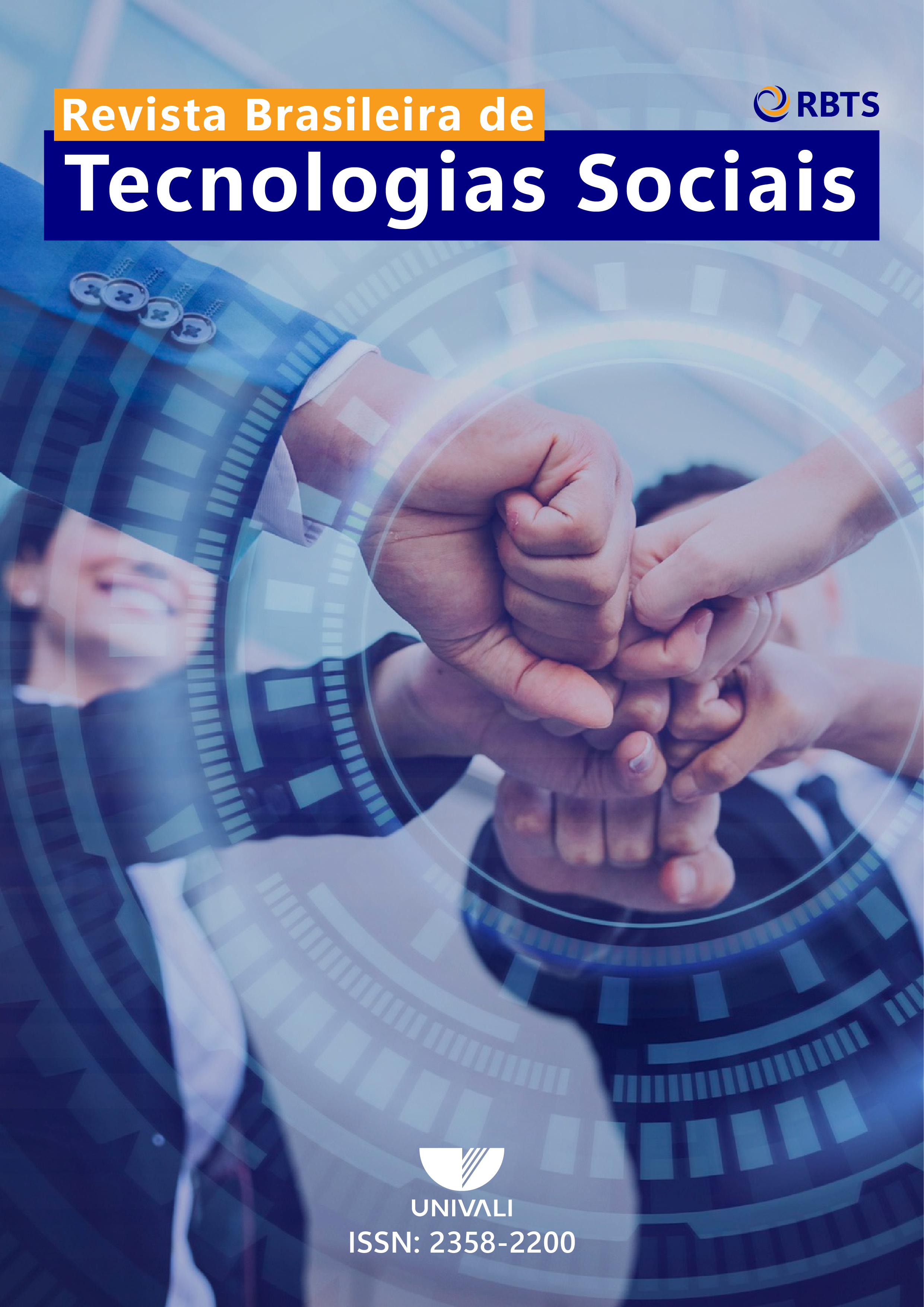
The contribution of the COVID-19 modules made available in the Virtual Learning Environment of the Unified Health System (AVASUS), for the improvement of health professionals in coping with the COVID-19 pandemic, can be understood from the evaluation of the most sought-after self-instructional modules and the advancement of the contents presented. The study will answer the following question: What is the contribution of the AVASUS COVID-19 modules for professionals in coping with the pandemic? This is a methodological study, developed on the AVASUS platform. A divided questionnaire was applied, data were tabulated in spreadsheets and presented in tables. As a result, 21 modules on COVID-19 aimed at health professionals available on AVASUS, launched on this platform from 03/11/2020 to 01/18/2021, from the first to the last available module, were analyzed. presented in table: Module title; course load; date of availability in AVASUS; number of enrolled students; number of reviews. Contributions to the teaching/learning process were analyzed based on the module's thematic axis and resources. The study concluded that distance learning was essential for training professionals to face the pandemic and that the speed of launching modules reduced the number of media resources used, despite the variety of themes.




AREA, M; ADELL, J. E-Learning: enseñar y aprender en espacios virtuales [Internet]. Juan de Pablos; 2009 [cited 2021 Jan 17]. Available from: https://www.researchgate.net/publication/216393113_E-Learning_ensenar_y_aprender_en_espacios_virtuales
BUSSOTTI, Edna Aparecida et al. Capacitação on-line para profissionais da saúde em três regiões do Brasil. Revista Brasileira de Enfermagem, v. 69, n. 5, 2016. Disponível em: <http://www.scielo.br/pdf/reben/v69n5/0034-7167-reben-69-05-0981.pdf>. Acesso em: 01 set. 2018.
BRASIL. Ministério da Saúde. Secretaria-Executiva. Subsecretaria de Assuntos Administrativos. Educação Permanente em Saúde: um movimento instituinte de novas práticas no Ministério da Saúde: Agenda 2014. Brasília: Ministério da Saúde, 2014.
BRASIL. Ministério da Saúde. Gabinete do Ministro. Portaria nº 198/GM, de 13 de fevereiro de 2004. Institui a Política Nacional de Educação Permanente em Saúde como estratégia do Sistema Único de Saúde para a formação e o desenvolvimento de trabalhadores para o setor e dá outras providências. Brasília: Ministério da Saúde, 2004.
BRASIL. UNESCO cria programa para Recursos Educacionais Abertos (REA). Publicado em 06/12/2019 às 11h55. Disponível em: https://www.gov.br/cgu/pt-br/governo-aberto/noticias/2019/unesco-cria-programa-de-subsidio-para-recursos-educacionais-abertos-rea Acesso em 01/05/2022.
CONDE, Vides J.V. et al. Manual Moodle 3.5 para el profesor, 2019.
GROSSI, Manoela Gomes; KOBAYASHI, Rika Miyahara. A construção de um ambiente virtual de aprendizagem para educação a distância: uma estratégia educativa em serviço. Revista da Escola de Enfermagem da USP, v. 47, n. 3, p. 756-760, 2013. Disponível em: <http://www.scielo.br/pdf/reeusp/v47n3/0080-6234-reeusp-47-3-00756.pdf>. Acesso em: 30 ago. 2018.
LOPES, I et al. O uso de recursos educacionais abertos como uma alternativa para materiais autoinstrucionais na educação a distância. In: Anais do XV Congresso Brasileiro de Ensino Superior a Distância – ESUD. Natal: SEDIS-UFRN; 2018.
MARCONI, M. de A.; LAKATOS, E. M. Fundamentos de metodologia científica. 7ª edição. São Paulo: Atlas S.A., p. 297. 2010.
OLIVEIRA, Denize Cristina de. Análise de conteúdo temático-categorial: uma proposta de sistematização. Rev Enferm UERJ. v.16, n.4, p.569-576, 2008.
PATRICK, G.T. et al.The Global Impact of COVID-19 and Strategies for Mitigation and Suppression. [Internet] Imperial College London. 2020.doi: 10.25561/77735.
SILVA, Adriane das Neves et al. Limites e possibilidades do ensino à distância (EaD) na educação permanente em saúde: revisão integrativa. Ciência & Saúde Coletiva, v. 20, p. 1099-1107, 2015. Disponível em: <http://www.scielo.br/pdf/csc/v20n4/1413-8123-csc-20-04-01099.pdf>. Acesso em: 02 set. 2018.
SOARES, R. et al. Análise dos acidentes de trabalho com exposição a material biológico notificados por profissionais da saúde. Rev Bras Med Trab. 2019;17(2):201-208.
TAVARES, Ana Paula Cardoso et al. Analysis of Brazilian publications on distance education in nursing: integrative review. Rev Bras Enferm, v. 71, n. 1, p. 214-222, 2018. Disponível em: http:. Acesso em: 30 ago. 2018.






The Brazilian Journal of Social Technologies is a Qualis B1 publication, according to the Qualis Periódicos CAPES 2017-2020 classification.
The Brazilian Journal of Social Technologies aims to disseminate scientific knowledge through a biannual publication, which is characterized by multithematic and interdisciplinary content aimed, preferably, at the dissemination of work developed by the country's Professional Master's Degrees, in the form of products or processes that can be characterized as Social Technologies. Currently the editors are professors Carlos Roberto Praxedes dos Santos (Public Policy Management) and Graziela Liebel (Health and Work Management).

